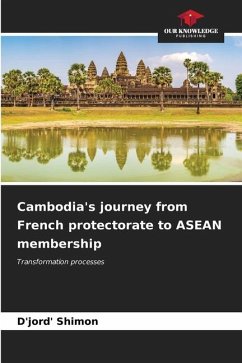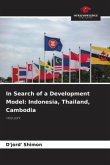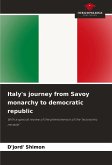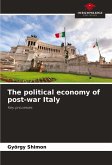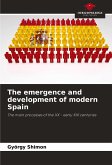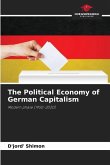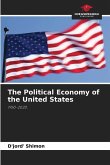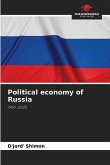Cambodia today is a predominantly agrarian, lower-middle-income developing country that has only relatively recently joined the group of potentially high-growth Asian economies. It has followed a complex and contradictory path of modernization from French protectorate to independence and joining the Association of Southeast Asian Nations (ASEAN), repeatedly changing its political regime and social system. The author examines the characteristic features of its development, showing the role of technological progress in it. The theoretical framework of the study covers the key tenets of development economics and economic growth theory. For econometric analysis we used, first of all, a general growth model that takes into account not only physical and human capital, but also time as an event space of creative economic activity. It makes it possible to compare the total factor efficiency with the world level. In addition to considering the macro-level development of Cambodia's economy, the author for the first time attempted to model the growth of its manufacturing industry on the basis of available statistical data.
Bitte wählen Sie Ihr Anliegen aus.
Rechnungen
Retourenschein anfordern
Bestellstatus
Storno

